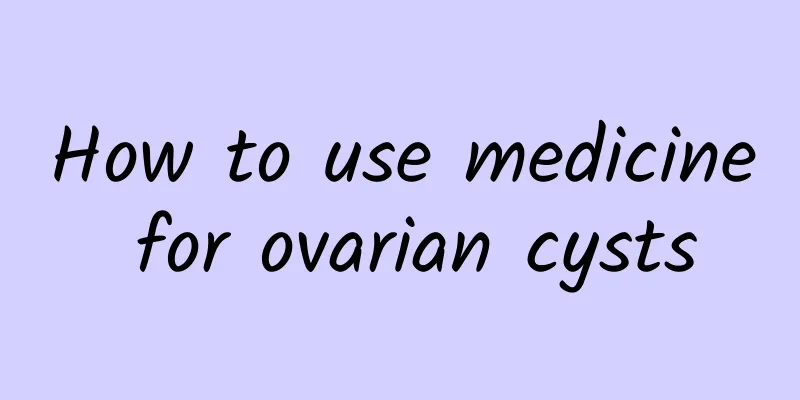Precautions for women before and after abortion surgery

|
Abortion surgery is very harmful to women's physical and mental health. They should take good care of themselves before and after the operation, take care of their bodies, avoid fatigue, and improve their nutrition. 1. Choose the right time for surgery The right time should be taken for abortion. Generally speaking, it is best to do it within 3 months after pregnancy. At this time, the fetus has not yet formed, the uterus is not too large, and the muscles of the uterine wall are thicker, so the embryo is easy to be sucked out. In addition, the operation time is short and the amount of bleeding is small, which is conducive to the body's recovery after the operation. However, the operation time should not be too early. If the pregnancy time is too short and the embryo is too small, it may cause missed suction or repeated suction, which will increase the pain of the pregnant woman. 2. Pay attention to personal hygiene After the abortion, you should pay attention to the hygiene of the vulva. You can wash it with warm water twice a day and change sanitary napkins frequently. Because there is new trauma to the uterus and vaginal bleeding, retrograde infection is prone to occur. Therefore, bathing is prohibited before the blood is clean. 3. Take breaks Abortion surgery is very damaging. Women should rest in bed for 2-3 days after surgery, then slowly get out of bed and move around, gradually increasing their activity time. Do not engage in heavy physical labor within half a month after surgery and avoid contact with cold water. 4. Prohibition of sexual intercourse between spouses Sexual intercourse is prohibited after medical abortion, because the cervix is in a relaxed state during medical abortion, and bacteria can easily invade the uterine cavity and cause infection. During sexual intercourse, bacteria hidden in the male foreskin and bacteria in the female vulva, vagina, and cervix can cause infection or aggravate uterine cavity infection, so sexual intercourse is prohibited within 1 to 2 weeks after the operation. |
<<: What are the harms of repeated abortion to women's body?
>>: 3 dietary therapies to replenish blood and nourish the body after abortion
Recommend
What is the cause of ovulation bleeding after uterine curettage?
Ovulation bleeding after uterine curettage may be...
Will a hysterectomy cause pelvic inflammatory disease?
Will a hysterectomy cause pelvic inflammatory dis...
A brief discussion on the preventive and health care methods for uterine fibroids
Uterine fibroids are the most common benign tumor...
What are the side effects of mifepristone?
Mifepristone tablets are a drug used by early pre...
Treatment of cervical erosion of degree 3
Do you know about cervical erosion? As we all kno...
Quench your hunger! Ginger soup warms the stomach and increases satiety
As winter approaches, does your appetite increase...
What are the hazards of cervical warts to mother and baby
With the increasing incidence of cervical warts, ...
What are the ways to prevent endometrial thickening?
The greatness of women comes from having a uterus...
How to shorten the time of yellow water flow after abortion? Two common methods to shorten the time of yellow water flow
The time when the yellow discharge disappears aft...
What to do if you have pelvic inflammatory disease and abdominal pain? Take medication according to your doctor's instructions
If pelvic inflammatory disease causes abdominal p...
How should women prevent threatened abortion in their daily lives?
It is very important for women to know how to pre...
Riding a flywheel for fitness is becoming popular. You must know these things before and during riding!
In recent years, the flywheel has become one of t...
Symptoms of pelvic peritonitis
Pelvic peritonitis is a common disease in life. M...
What are the differences between spontaneous abortion and menstruation?
Spontaneous abortion and menstruation can be dist...
What medicine should I take to treat amenorrhea?
The choice of medication for amenorrhea needs to ...









